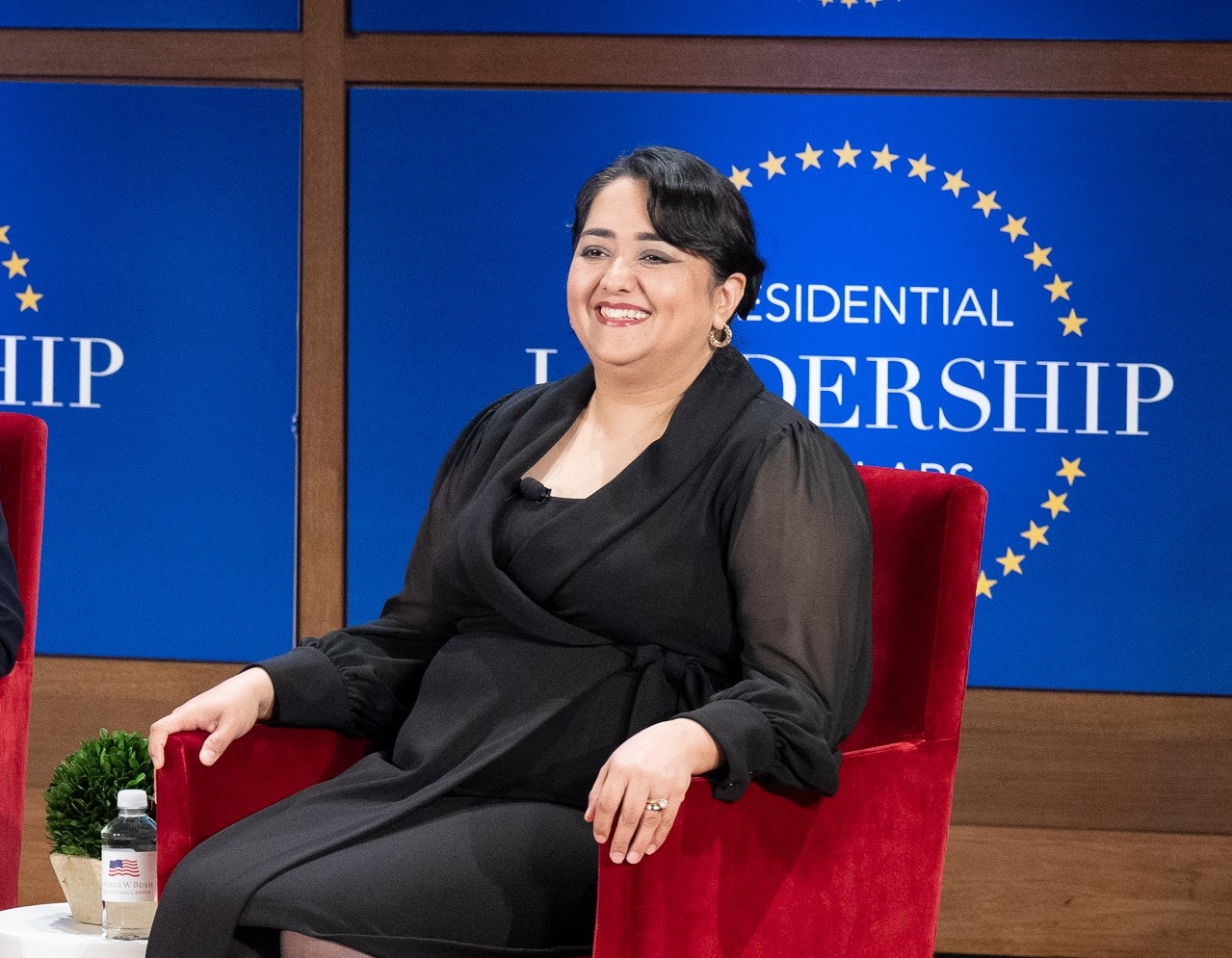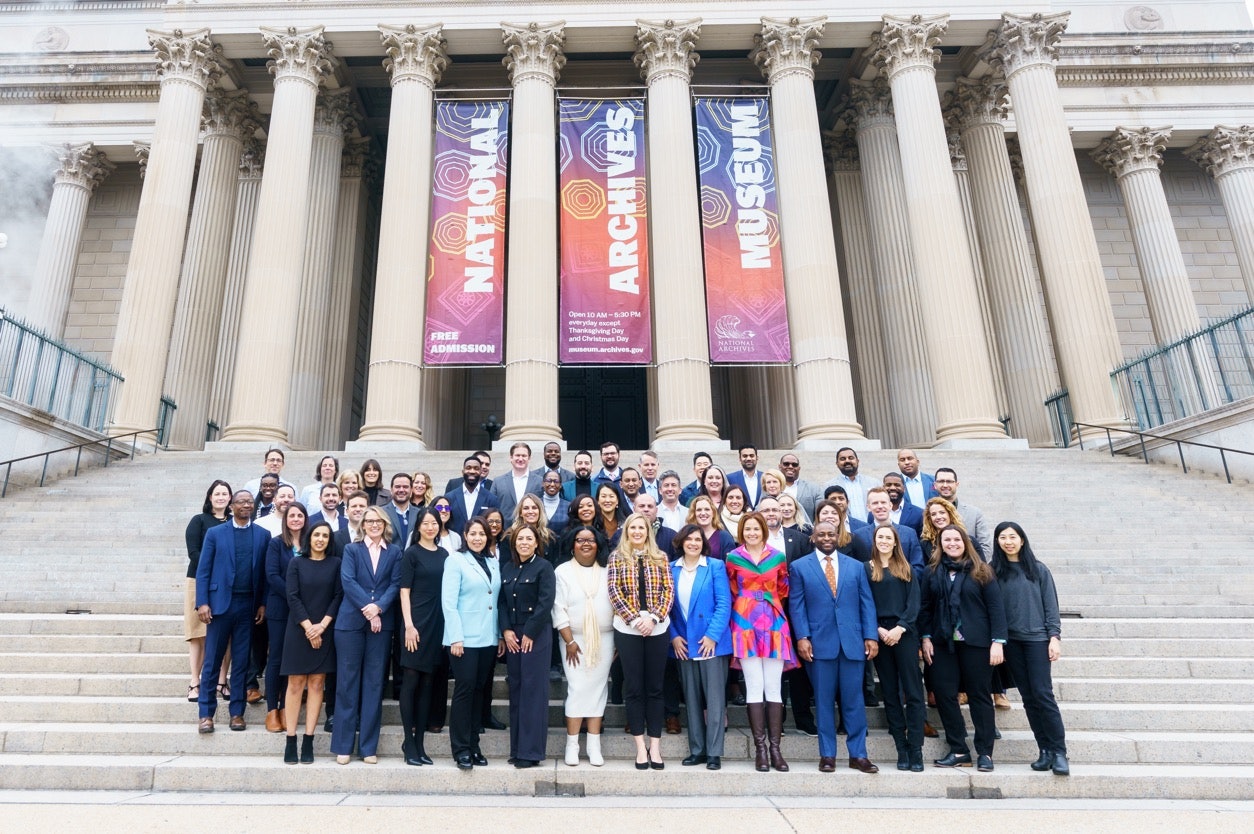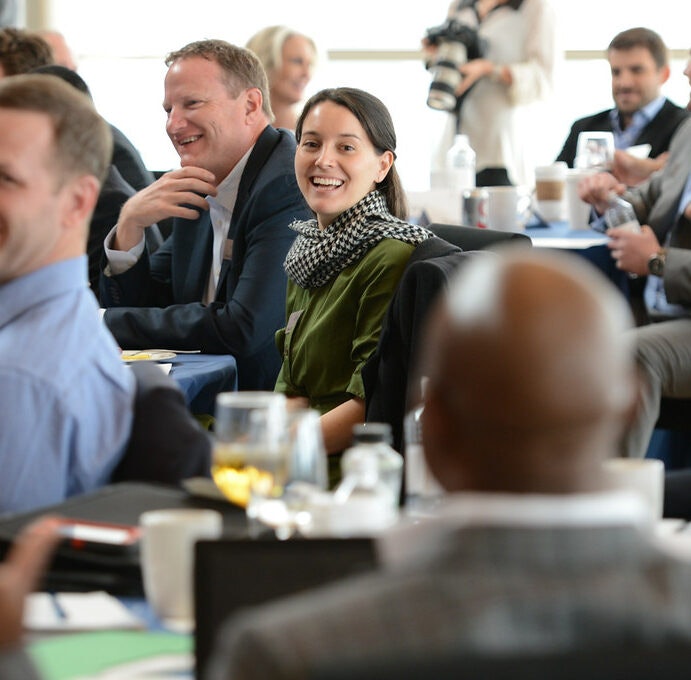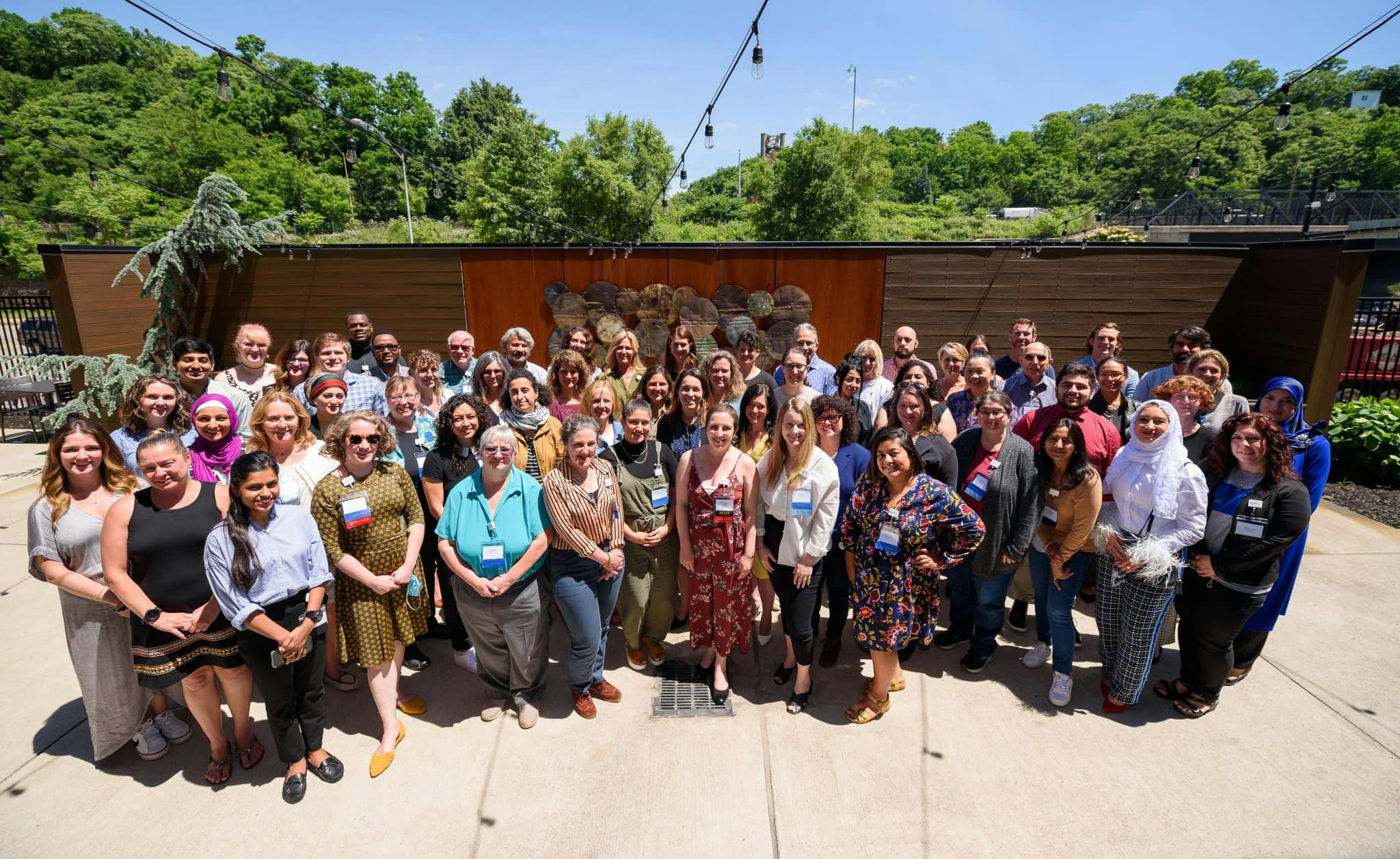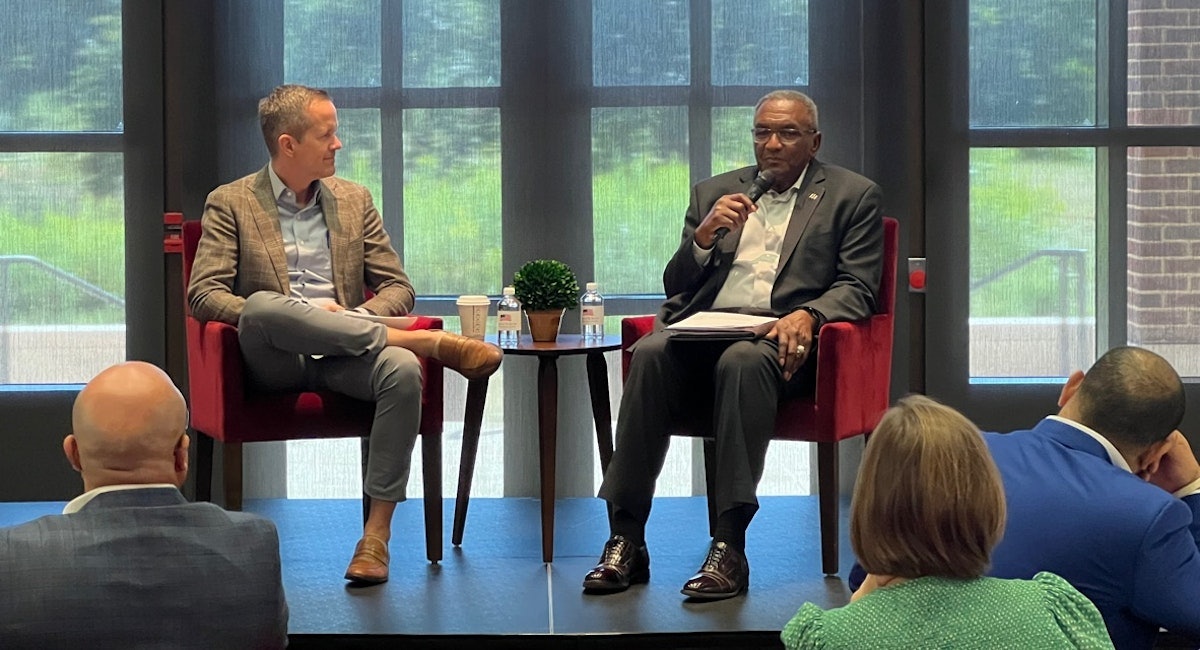Aspiring leaders will face many challenges as they move into leadership positions. None will be as great as dealing with a crisis, whether in a...
Aspiring leaders will face many challenges as they move into leadership positions. None will be as great as dealing with a crisis, whether in a company, on a school board, or at the highest levels of government.
In this interview, Keith Hennessey discusses his firsthand account of the 2008 financial crisis and his thoughts about how leaders can best handle crises. Hennessey worked more than six years in the administration of President George W. Bush. In 2008 and early 2009, he served as Assistant to the President for Economic Policy and Director of the National Economic Council.
Hennessey is now a lecturer at the Stanford Graduate School of Business and the Stanford Law School. As part of the Presidential Leadership Scholars program, which convenes today at the George W. Bush Presidential Center, Hennessey will lead participants in a discussion about responding to the 2008 financial crisis. The Presidential Leadership Scholars program is a partnership between the presidential centers of George W. Bush, William J. Clinton, George H.W. Bush, and Lyndon Johnson.
Leadership often means choosing among second or third best options, if not worse. The economic crisis facing the country in 2008 certainly fit that bill. Having been involved in the decisions surrounding that crisis, what do you recommend to leaders who face their own crises – or may one day face them? What should they do when they face decisions that involve options they may not particularly like?
Make sure you surround yourself with talented people who are "stress reducers" rather than "stress adders." You need people who can not only make sound decisions and execute under stressful conditions, but who can help others do the same and helps the team perform well under adverse conditions.
Accept that you are operating under conditions of imperfect information and uncertainty. You'll be judged in retrospect by people who know what happened, many of whom will judge you unfairly.
It's also quite likely that any decision you make will be unpopular. Once you accept these realities and learn to ignore them, you can be liberated to focus on the task at hand: making the best possible decisions with the information you have, and executing them to the best of your ability. Don't worry about how history will judge you. Focus instead on figuring out the wisest course of action and getting it done.
Get the policy (or substance, whatever it may be) right. A crisis often forces you to accept options you hate, but it does not give you an excuse to cut corners. Good policy isn't always good politics, but in the long run bad policy is always bad politics. If you don't get the substance right you won't have a chance of succeeding in your communications strategy. You probably won't like the results, but if they're the best possible given the options and constraints you face then you've done the right thing.
In a fast-moving and evolving crisis, force yourself (and one or two key advisors) to frequently re-evaluate your core assumptions and strategy. The decisions you made yesterday may have been sound then but may be foolish to continue today.
It's easy to get stuck in the weeds when you're executing a game plan. Force yourself to zoom up to a higher altitude every so often to make sure the basic strategy is still solid. If possible, it also helps to get perspective from someone trustworthy nearby who is close enough to the action to see what's going on but not directly involved.
You say that leaders facing a crisis should force themselves, along with a couple of key advisers, to rethink their assumptions and strategies after a period of time. How do they create an environment where that is possible? Isn’t there a tendency to develop group-think?
I'm not sure I have general advice, but I can tell you how we did it in the White House.
The President's senior staff spends a lot of their time coordinating the work of others. Everyone is so busy and working on so many different projects simultaneously that the only way to efficiently sustain this coordination is through email.
At any point in time I'd be involved in 5-to-10 running email conversations on various topics, each of which involved three-to-eight senior White House staff. These were often short, less than 100 words, "burst"-type emails and quick back-and-forth conversations and exchanges of information.
Often much of it was transactional information (e.g., "I delivered our message to Senator X. He says he'll support us."). At the same time, it was essential information exchange. The volume of email traffic was brutal, but it was nevertheless an essential way for a team to coordinate throughout the day.
We'd also hold regular in-person interactions, meetings or conference calls, to reassess where we were. I think the strategic reevaluations arose from all of this interaction. We were in such constant and dynamic content (and working with such smart, talented professionals) that it quickly became apparent when we needed a rethink. If one team member saw a problem or a need for a reassessment, that judgment quickly made it to the other team members and would spark a conversation.
There was always the risk of group-think, and I'm sure we didn't always avoid it, but we had a pretty intellectually feisty bunch and a decision-making process that did not shut down dissenters when they popped their heads up with a new idea or objection.
You also mentioned the need for leaders to be able to clear away the clutter and focus on what is most important, especially in a crisis. How do they do that? Events, after all, can move fast and create all sorts of clutter.
Honestly, I'm not sure how we did it. It seems like we just knew what was important.
I do know that there I had a different mindset during the heat of the financial crisis, in which the word triage came to mind. It reminded me of the operating room scenes from the old TV show M.A.S.H., in which you're making important decisions in real time and not looking back because you don't have time to look back.
Also, we'd get it wrong, misidentify a problem, or think that something wasn't important when actually it was. Then the problem would grow or cause damage and we'd figure out our mistake, kick ourselves, and move it higher on the priority list.
Communicating with the public certainly is a big part of leadership. How does that get done in a crisis when multiple events and issues are usually in play?
I am far from a communications expert. It was particularly challenging during the financial crisis because events were moving rapidly and we had multiple audiences with sometimes conflicting interests, goals, and priorities, but that's probably typical of crisis communications.
Our initial tactical goal was to get the votes in Congress for TARP. That therefore drove much of our public communications — we looked at everything through the lens of "Will it help or hurt us getting votes?" We lost the first TARP vote, but that may have been for other reasons.
We had two principal spokesmen: the President and Treasury Secretary Hank Paulson, and were closely coordinating with Fed Chairman Ben Bernanke. I think one thing we did well during that time was to prioritize our communications needs rather than simply trying to "feed the beast."
We communicated when and how we needed to achieve our goals (or try to). Communications became a strategic tool, not just an inbox of press requests that needed to be filled. This was probably nothing new, as our communicators were real pros. It may just be that I was paying more attention to it at the time.



